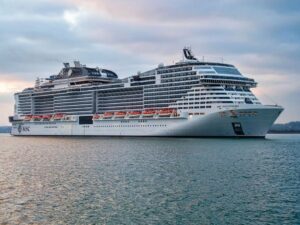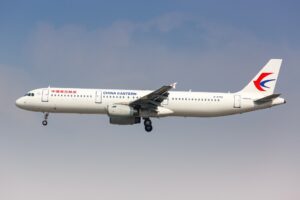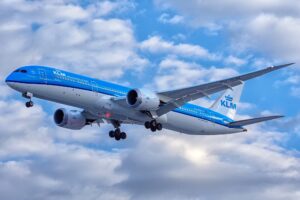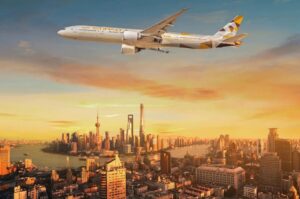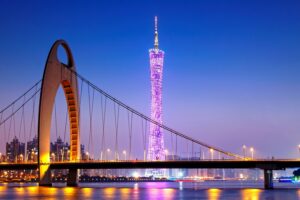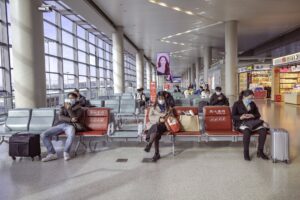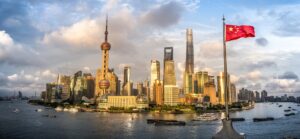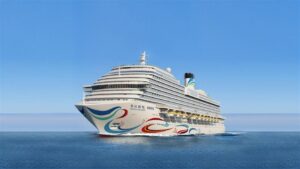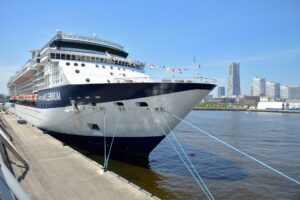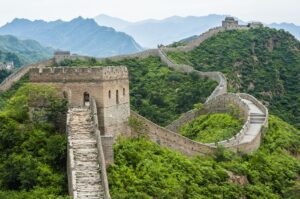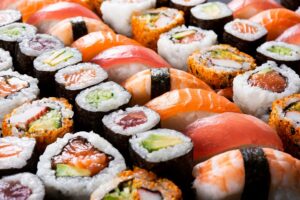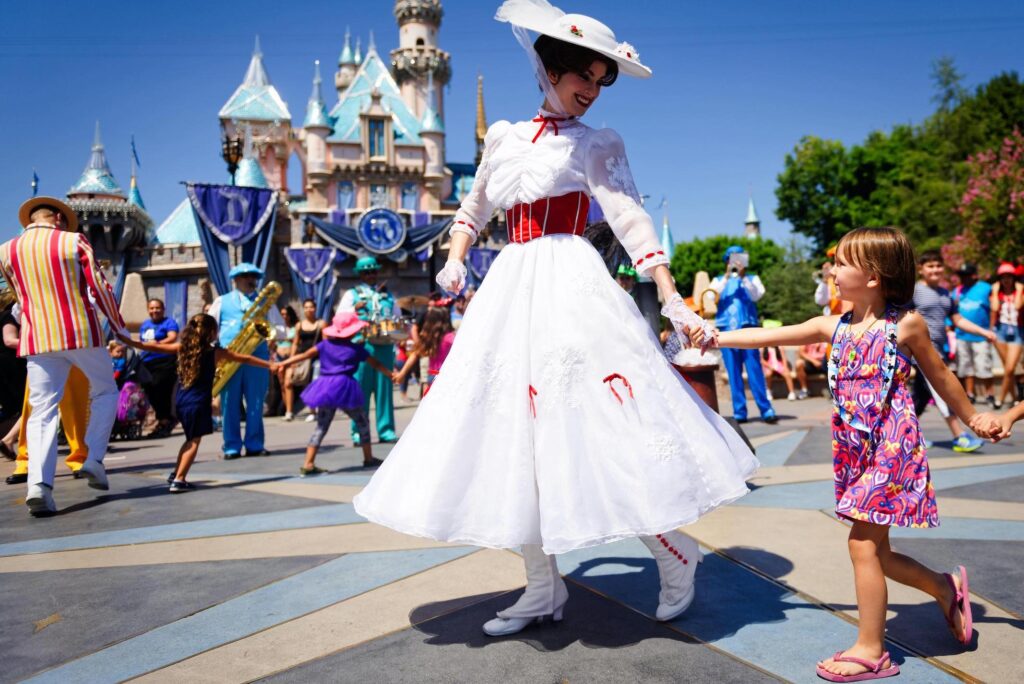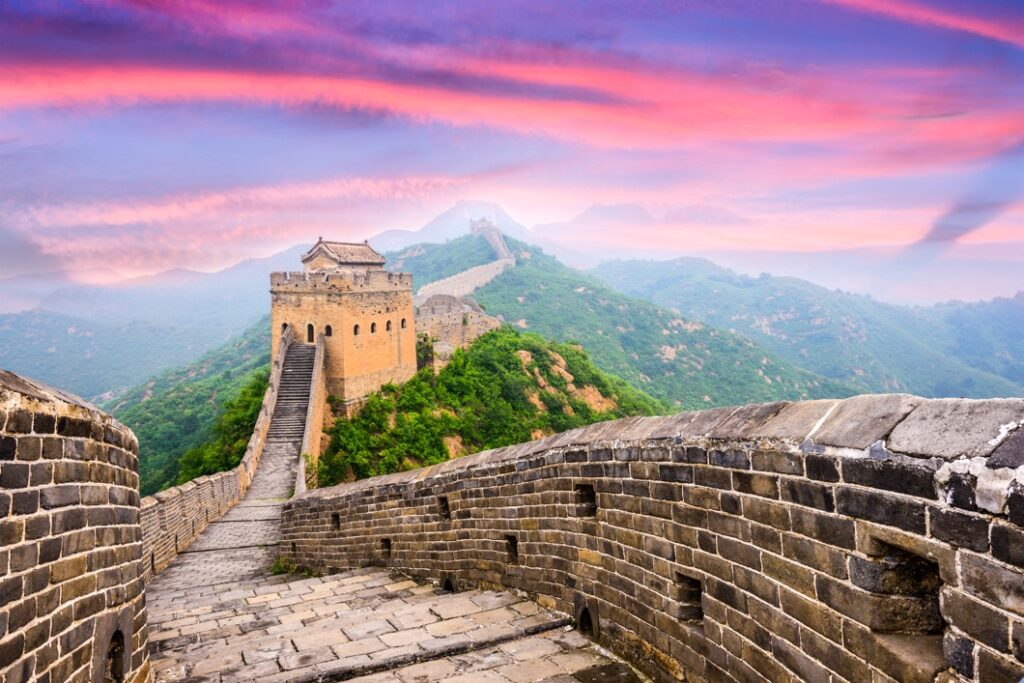China
China, the country of East Asia that is the largest of all Asian countries and has the largest population of any country in the world.China is a country in East Asia bordering the East China Sea, Korea Bay, and the South China Sea. Neighboring countries include 14 sovereign states. The terrain is diverse in China with mostly mountains along with deserts in the west and plains in the east. Principal rivers flow west to east including the Yangtze and Huang He rivers. The government system is a communist state; the chief of state is the president, and the head of government is the premier. China has a market-based system, which changed from a centrally planned system in the 1970s. China is a member of the Asia-Pacific Economic Cooperation (APEC) and the Asia-Pacific Trade Agreement (APTA).
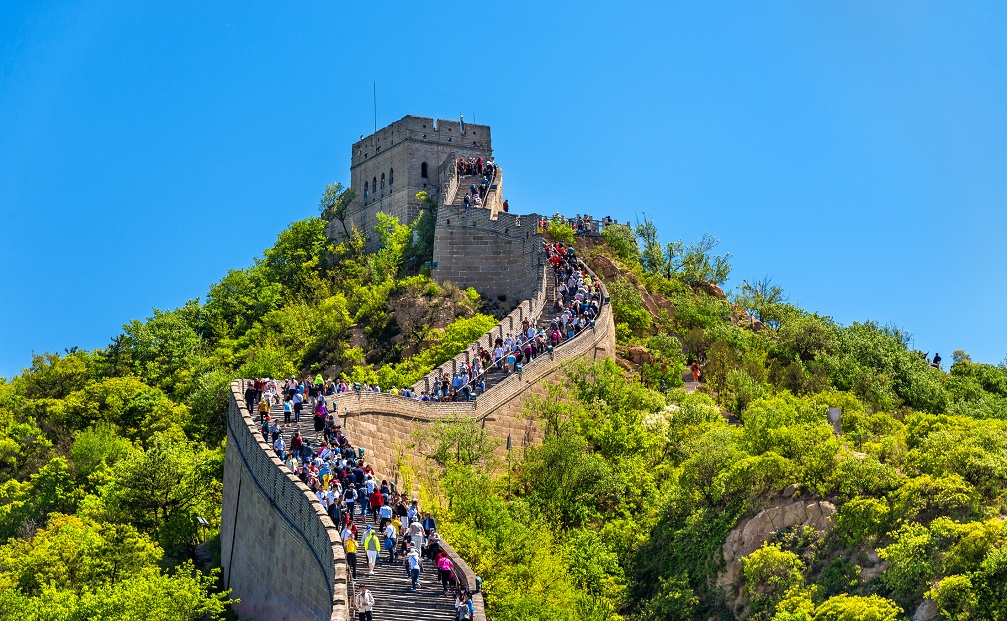
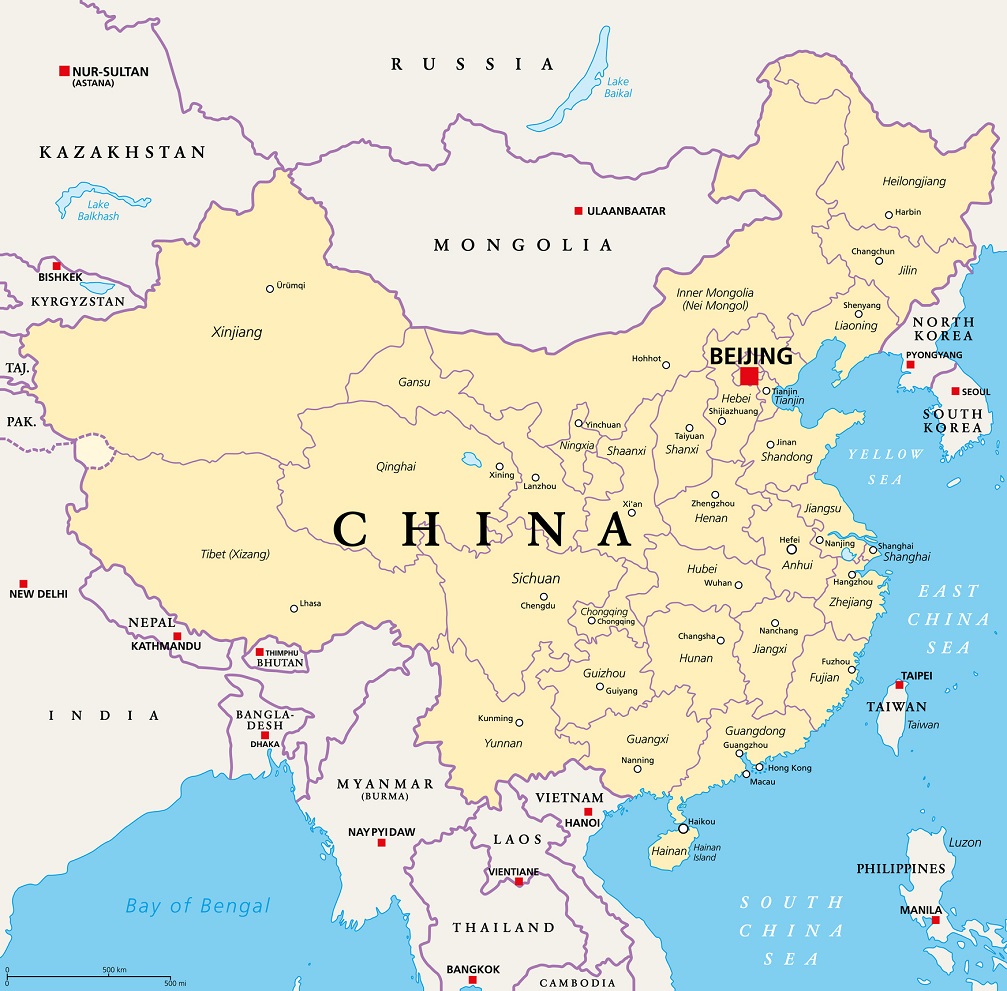


China is extremely vast and as a consequence, here you will be able to see all sorts of landscapes from deserts to forests and plains. In general, you can easily divide the territories of China by drawing an imaginary line between the north city of Heihe and the southern city of Tengchong. The land situated on the east side of this line tends to be greener with flat alluvial plains, beaches and mountains. If you’re planning to explore this area, you cannot miss Zhangjiajie National Park and Panjin red beach. If you’re visiting the regions of Yunnan, Guangxi and Guangdong make sure to check the picturesque terrace rice paddies and the many bamboo forests. On the other hand, the part lying on the west side of the line is characterised by deserts and mountains. If you are travelling here, check out Zhangye Danxia National Park where you will find wonderfully coloured mountains! Here you will also find the highest region of Earth, the Tibetan plateau, with an average elevation of approximately 5000 meters.
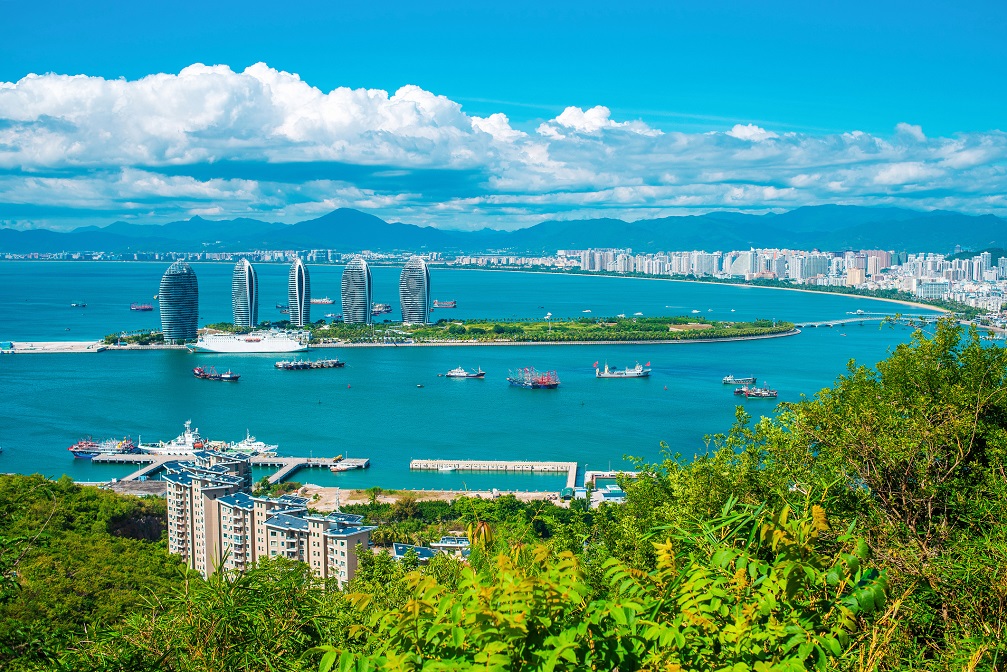


China is such a big country that it would be impossible to talk about a unique climate that fits all of its regions. In the northern provinces of Jilin, Heilongjiang and Inner Mongolia, winters get extremely cold, to the point that the city of Harbin hosts every year a huge ice festival with tons of ice statues, definitely worth visiting if you’re around. In the central-east part of the country, the weather tends to be temperate with warm summers. Lastly, in the southeast part of China, winters are warm with temperatures above 10°C and long tropical summers. Anyway, before arriving in China make sure to double-check your itinerary and the weather forecast, as the climate varies a lot depending on the area you’re visiting.
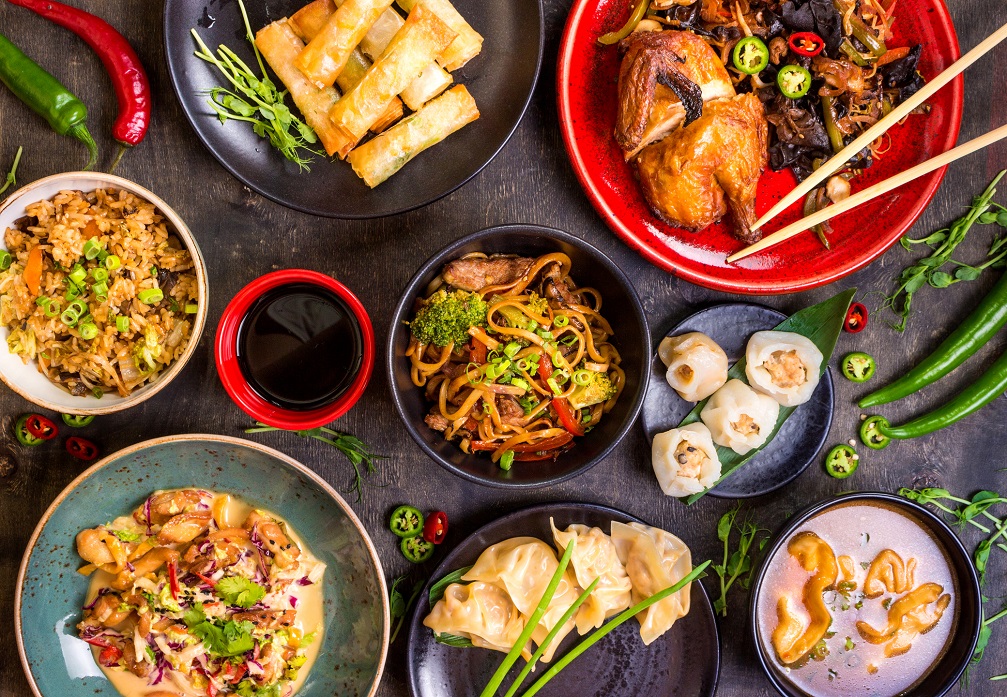


Concerning food, we all know the famous ones, such as spring rolls, fried rice and dumplings. Needless to say that if you’re planning to visit China, you cannot miss these dishes. But China is full of local dishes that are widely unknown by Europeans. Number one on our list: Chinese Hotpot. Hotpot is a social moment in which you slowly cook food together with your loved ones. It consists of putting a pot with boiling broth on top of a portable burner in the middle of the table. Next to it, you can place all sorts of ingredients, from fresh veggies to meat and tofu, for your guests to cook in the common broth pot! If you like tofu don’t miss Chòu Dòufu, literally ‘stinky tofu’. Despite the name, Chòu Dòufu is a great dish! It consists of tofu brined in a mix of fermented milk, aromatics, veggies and meat and left to ferment for several months before being served. Lastly, don’t miss the traditional Baozi, an incredibly fluffy and soft white bun filled with everything you like, from veggies to meat and bean paste!
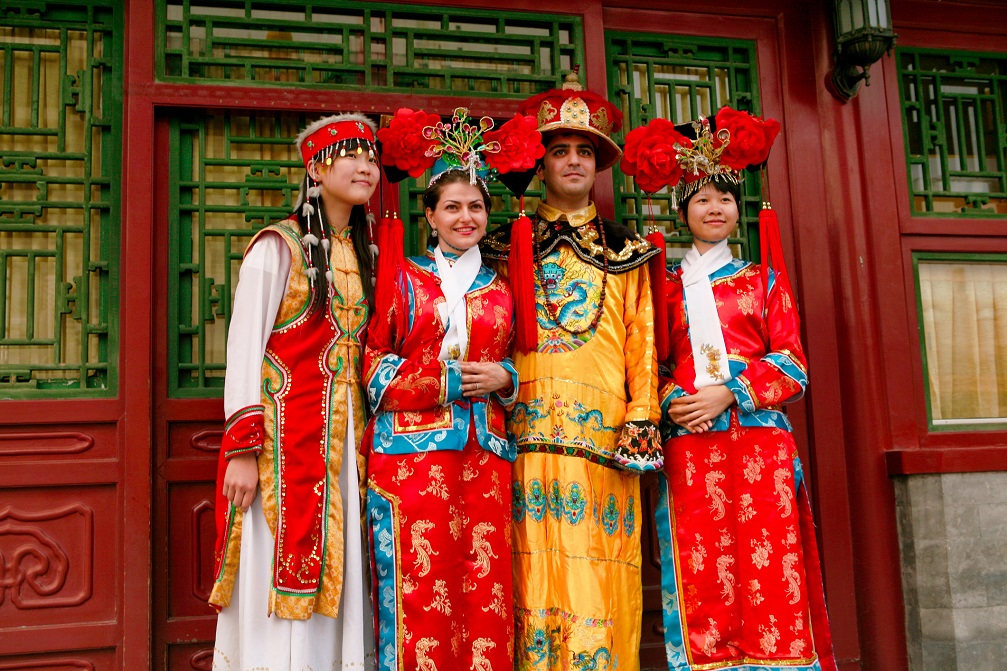


Asia is not too different from the West when it comes to clothes. Casual western style has now become the norm so don’t worry too much about what to pack. However, as always, there are a few exceptions. For instance, it’s always better to tend towards conservative clothes when in doubt. Try to avoid super short dresses or shirts that reveal your back. Also, flip flops should be avoided as they are seen as cheap. Moreover, streets in China can be very dirty, so flip flops are not the best idea. If you’re planning to go swimming, remember that bikinis are not so popular here. Most people wear a single piece, especially women over thirty. Make sure to pack something red, as this colour is said to bring luck and it’s usually worn during festivals.
You also don’t want to forget to bring a face mask with you, some cities in China are extremely polluted and sometimes a face mask may be extremely helpful. Lastly, remember that in China there are three associated plug types, type A, C and I so make sure to buy an adapter!
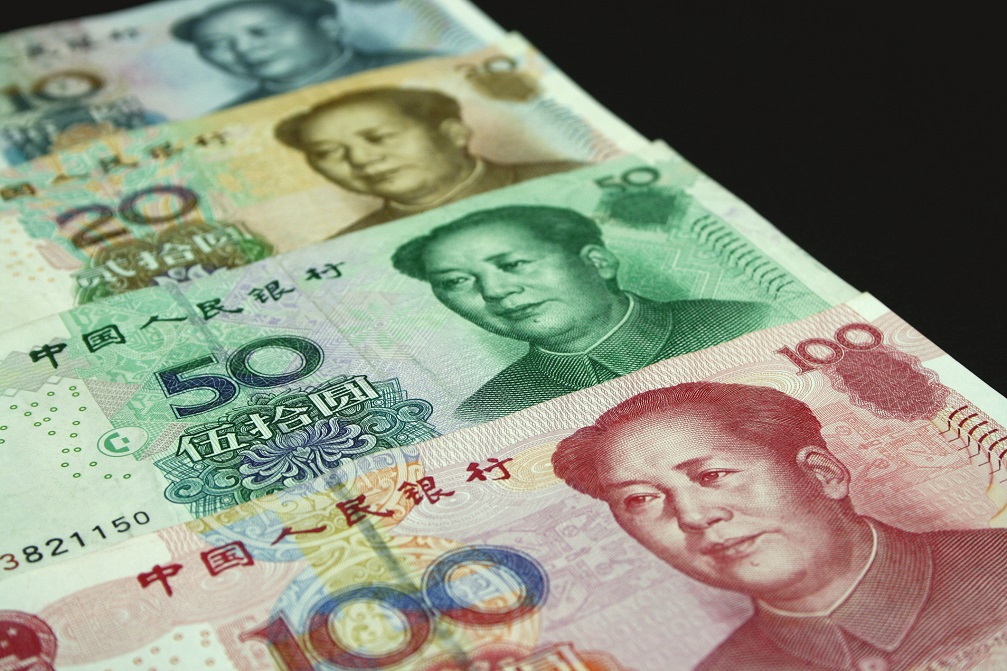


The Yuan is the official currency of China. China is a relatively cheap country to travel to, especially if compared to Western countries. On average, you will be able to sleep in a hostel dormitory for around 8-13 £. If you’re looking for a private room to share with a partner you will find plenty of hotels for 25£. Airbnb can also be easily found for 25£ per night, about 12.5£ per person! Food is also crazy cheap. You can expect to get a full meal for around 5-6£. In one day you will approximately spend 15£ if eating outside. Obviously, the biggest expense you will have to consider is your flight ticket.
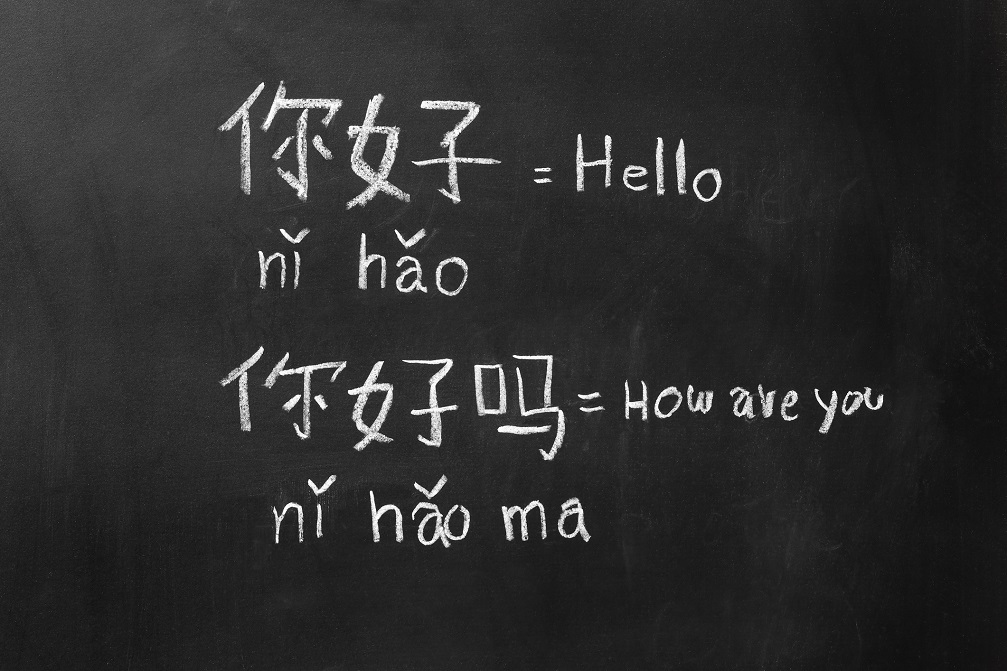


The official language of China is Mandarin but regional languages also exist. Cantonese is the most famous dialect of China and it’s spoken in the Southeast part of the country, however, it’s completely different from Mandarine. In the autonomous provinces, you find the biggest language contrast. For instance, the Zhuang people speak the Zhung language which is way closer to Thai and Lao than to Mandarin. Another exception can be found in the Uyghurs, living in the North of the country, who write with an Arabic based system. Most of them can entertain a conversation in Mandarin as they learn it in school even though this is not their main language. Chinese are not known for speaking good English. Even though in the capital and tourist sites you may find someone who knows the language, especially among the young population, don’t expect this to be the norm. So before leaving make sure to learn some basic Mandarine expressions!
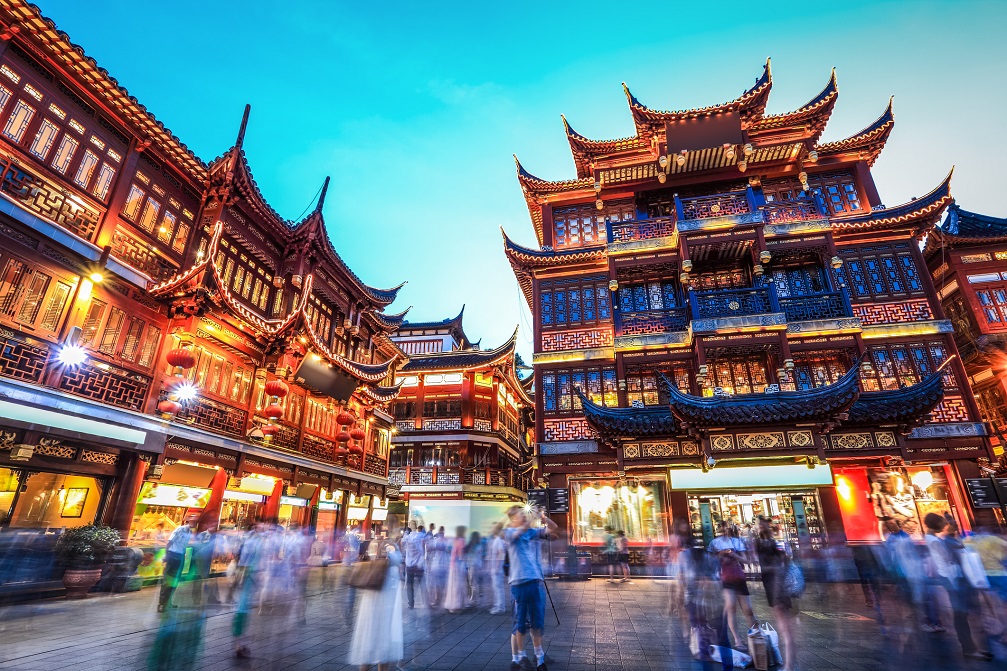


China officially recognises 56 different ethnic groups. The majority of the people are Han, but there are some minorities like the Zhuang, the Hui and Manchu people. Provinces such as Tibet, Inner Mongolia and Xinjiang have completely different traditions and habits. Being so diverse, it would be impossible to talk about a unique culture of China but there are some characteristics that all Chinese seem to have in common. First and foremost, people living in China tend to be extremely hard working and students have to devote most of their time to books if they want to be admitted to University. In general, they have a much more stressful life than students in Europe.
Pollution is a big problem in China and, especially in big cities, there will be days where you will have to wear a mask to go outside. If you want to access basic websites such as Google translator, Facebook, Instagram or Youtube, you will need to buy a VTM as in China you cannot access these web pages. You may also be surprised by some Chinese habits, for instance, here it’s normal to spit in public and young children habitually pee on the streets. Bartering on the market is a must and tipping is seen as insulting.
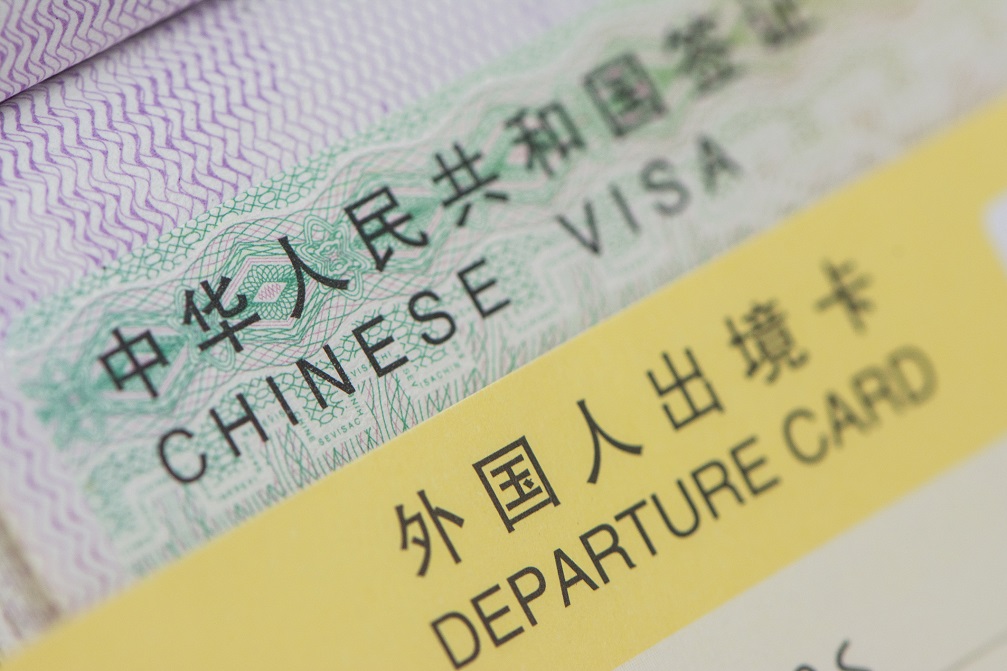


You will have to apply for a Visa before entering the country unless you’re staying in Hong Kong or Macao. However, if you’re staying in one of these two regions and decide to enter China, you will still have to apply for a Visa. Unfortunately, there is no way to apply via the internet and you will have to do it in person at the Visa Application Centre. During the process, you will be asked for your biometric data (scanned fingerprint) which will then be checked by the immigration authorities when entering China. Your passport needs a six months validity on the day of arrival for you to be allowed in the country. Make sure not to overstay your Visa as the government conducts regular checks and you may run the risk of being fined, detained or deported.
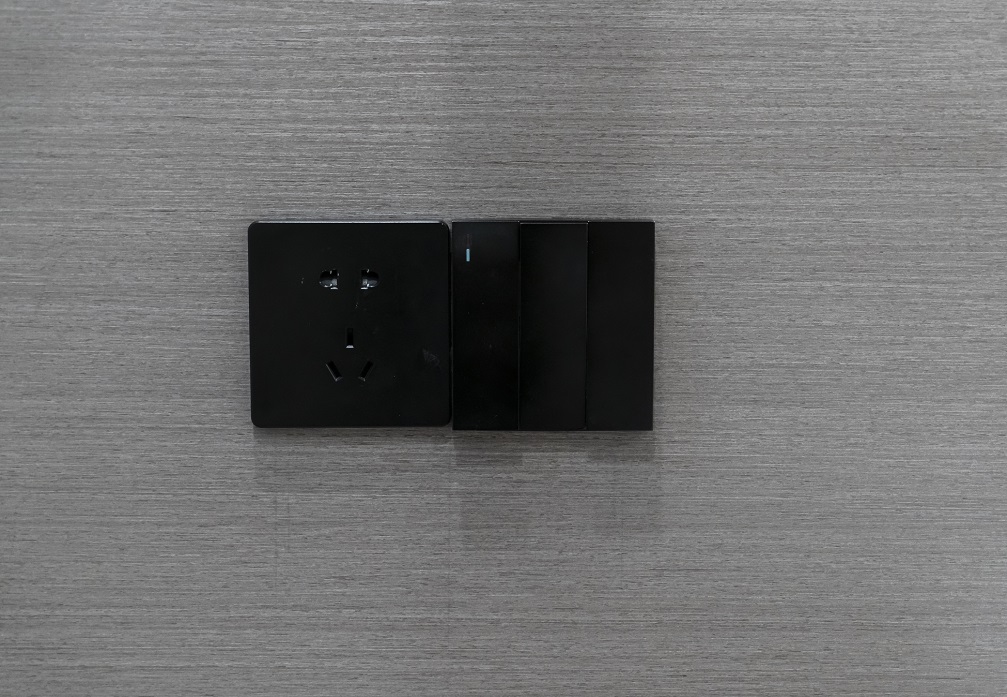


In Mainland China, Hong Kong, and Macau, the common power voltage is 220 Volt 50 Hz AC, but in Taiwan, electronic devices often work with the electricity supply voltage of 110V/60HZ.
Chargers of most electronic devices like cell phones, tablets, and cameras can function normally in the wide power voltage of 110~240V. Most hotels ranking above 3 stars in China provide electrical outlets of both 110V and 220V in the bathrooms, though in guest rooms usually, only 220V sockets are available.
China is a country in East Asia bordering the East China Sea, Korea Bay, and the South China Sea. Neighboring countries include 14 sovereign states. The terrain is diverse in China with mostly mountains along with deserts in the west and plains in the east. Principal rivers flow west to east including the Yangtze and Huang He rivers. The government system is a communist state; the chief of state is the president, and the head of government is the premier. China has a market-based system, which changed from a centrally planned system in the 1970s. China is a member of the Asia-Pacific Economic Cooperation (APEC) and the Asia-Pacific Trade Agreement (APTA).






China is extremely vast and as a consequence, here you will be able to see all sorts of landscapes from deserts to forests and plains. In general, you can easily divide the territories of China by drawing an imaginary line between the north city of Heihe and the southern city of Tengchong. The land situated on the east side of this line tends to be greener with flat alluvial plains, beaches and mountains. If you’re planning to explore this area, you cannot miss Zhangjiajie National Park and Panjin red beach. If you’re visiting the regions of Yunnan, Guangxi and Guangdong make sure to check the picturesque terrace rice paddies and the many bamboo forests. On the other hand, the part lying on the west side of the line is characterised by deserts and mountains. If you are travelling here, check out Zhangye Danxia National Park where you will find wonderfully coloured mountains! Here you will also find the highest region of Earth, the Tibetan plateau, with an average elevation of approximately 5000 meters.



China is such a big country that it would be impossible to talk about a unique climate that fits all of its regions. In the northern provinces of Jilin, Heilongjiang and Inner Mongolia, winters get extremely cold, to the point that the city of Harbin hosts every year a huge ice festival with tons of ice statues, definitely worth visiting if you’re around. In the central-east part of the country, the weather tends to be temperate with warm summers. Lastly, in the southeast part of China, winters are warm with temperatures above 10°C and long tropical summers. Anyway, before arriving in China make sure to double-check your itinerary and the weather forecast, as the climate varies a lot depending on the area you’re visiting.



Concerning food, we all know the famous ones, such as spring rolls, fried rice and dumplings. Needless to say that if you’re planning to visit China, you cannot miss these dishes. But China is full of local dishes that are widely unknown by Europeans. Number one on our list: Chinese Hotpot. Hotpot is a social moment in which you slowly cook food together with your loved ones. It consists of putting a pot with boiling broth on top of a portable burner in the middle of the table. Next to it, you can place all sorts of ingredients, from fresh veggies to meat and tofu, for your guests to cook in the common broth pot! If you like tofu don’t miss Chòu Dòufu, literally ‘stinky tofu’. Despite the name, Chòu Dòufu is a great dish! It consists of tofu brined in a mix of fermented milk, aromatics, veggies and meat and left to ferment for several months before being served. Lastly, don’t miss the traditional Baozi, an incredibly fluffy and soft white bun filled with everything you like, from veggies to meat and bean paste!



Asia is not too different from the West when it comes to clothes. Casual western style has now become the norm so don’t worry too much about what to pack. However, as always, there are a few exceptions. For instance, it’s always better to tend towards conservative clothes when in doubt. Try to avoid super short dresses or shirts that reveal your back. Also, flip flops should be avoided as they are seen as cheap. Moreover, streets in China can be very dirty, so flip flops are not the best idea. If you’re planning to go swimming, remember that bikinis are not so popular here. Most people wear a single piece, especially women over thirty. Make sure to pack something red, as this colour is said to bring luck and it’s usually worn during festivals.
You also don’t want to forget to bring a face mask with you, some cities in China are extremely polluted and sometimes a face mask may be extremely helpful. Lastly, remember that in China there are three associated plug types, type A, C and I so make sure to buy an adapter!



The Yuan is the official currency of China. China is a relatively cheap country to travel to, especially if compared to Western countries. On average, you will be able to sleep in a hostel dormitory for around 8-13 £. If you’re looking for a private room to share with a partner you will find plenty of hotels for 25£. Airbnb can also be easily found for 25£ per night, about 12.5£ per person! Food is also crazy cheap. You can expect to get a full meal for around 5-6£. In one day you will approximately spend 15£ if eating outside. Obviously, the biggest expense you will have to consider is your flight ticket.



The official language of China is Mandarin but regional languages also exist. Cantonese is the most famous dialect of China and it’s spoken in the Southeast part of the country, however, it’s completely different from Mandarine. In the autonomous provinces, you find the biggest language contrast. For instance, the Zhuang people speak the Zhung language which is way closer to Thai and Lao than to Mandarin. Another exception can be found in the Uyghurs, living in the North of the country, who write with an Arabic based system. Most of them can entertain a conversation in Mandarin as they learn it in school even though this is not their main language. Chinese are not known for speaking good English. Even though in the capital and tourist sites you may find someone who knows the language, especially among the young population, don’t expect this to be the norm. So before leaving make sure to learn some basic Mandarine expressions!



China officially recognises 56 different ethnic groups. The majority of the people are Han, but there are some minorities like the Zhuang, the Hui and Manchu people. Provinces such as Tibet, Inner Mongolia and Xinjiang have completely different traditions and habits. Being so diverse, it would be impossible to talk about a unique culture of China but there are some characteristics that all Chinese seem to have in common. First and foremost, people living in China tend to be extremely hard working and students have to devote most of their time to books if they want to be admitted to University. In general, they have a much more stressful life than students in Europe.
Pollution is a big problem in China and, especially in big cities, there will be days where you will have to wear a mask to go outside. If you want to access basic websites such as Google translator, Facebook, Instagram or Youtube, you will need to buy a VTM as in China you cannot access these web pages. You may also be surprised by some Chinese habits, for instance, here it’s normal to spit in public and young children habitually pee on the streets. Bartering on the market is a must and tipping is seen as insulting.



You will have to apply for a Visa before entering the country unless you’re staying in Hong Kong or Macao. However, if you’re staying in one of these two regions and decide to enter China, you will still have to apply for a Visa. Unfortunately, there is no way to apply via the internet and you will have to do it in person at the Visa Application Centre. During the process, you will be asked for your biometric data (scanned fingerprint) which will then be checked by the immigration authorities when entering China. Your passport needs a six months validity on the day of arrival for you to be allowed in the country. Make sure not to overstay your Visa as the government conducts regular checks and you may run the risk of being fined, detained or deported.



In Mainland China, Hong Kong, and Macau, the common power voltage is 220 Volt 50 Hz AC, but in Taiwan, electronic devices often work with the electricity supply voltage of 110V/60HZ.
Chargers of most electronic devices like cell phones, tablets, and cameras can function normally in the wide power voltage of 110~240V. Most hotels ranking above 3 stars in China provide electrical outlets of both 110V and 220V in the bathrooms, though in guest rooms usually, only 220V sockets are available.
Destinations in China
Travel related news, information and inspirational articles and videos for travellers booking flights or holidays to China. Ask questions about travel in China and get answers from China experts
NEWS
Inspiration, Information and Travel Guides
MEET THE China EXPERTS
If you are looking to book a holiday to China or needs some help and advice planning travel to China then contact one of the UK based independent travel agents that specialise in China itineraries.
FEATURED VIDEOS
Your Travel Questions Answered
Ask any travel related question and get an answer from one of our experts that will provide you with an answer from their personal experience
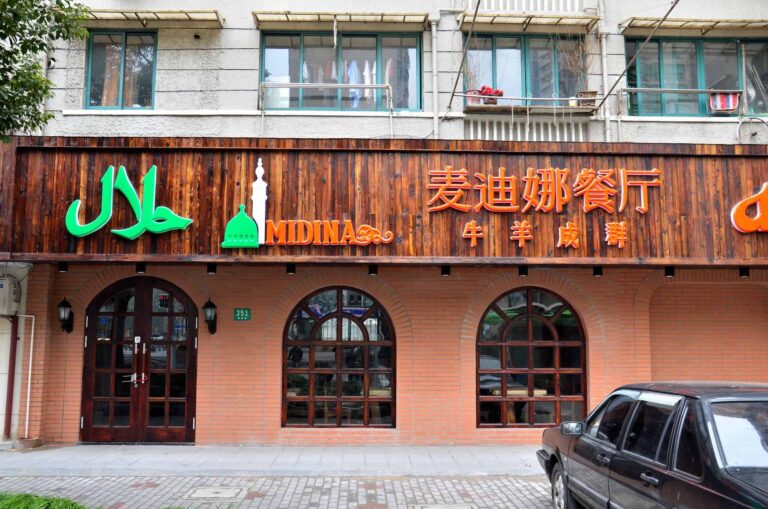

Hello, we are a group of Muslim British wanting to visit China. We have found cheap flights to China. There are also budget hotels in China that suit our budget. We have some questions regarding food since we’re Muslims. I have seen they have pork-free places but we prefer halal-certified restaurants if possible. Can I find halal food in China?
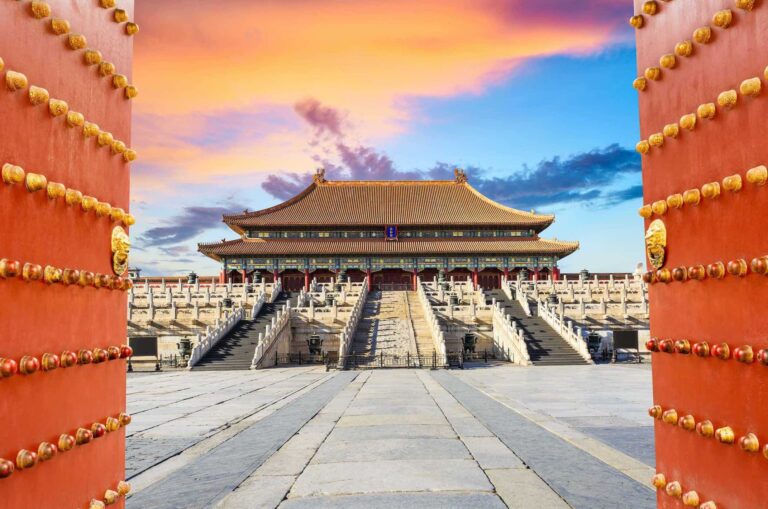

I’ve been on a business trip to China a couple of years ago and have been accompanied by a translator. Now that I want to bring my family for a holiday to China, I would like to know: Can I travel to China without speaking Chinese? What are the challenges I have to be ready for in China? We’re thinking Beijing, Shanghai, Guangzhou...
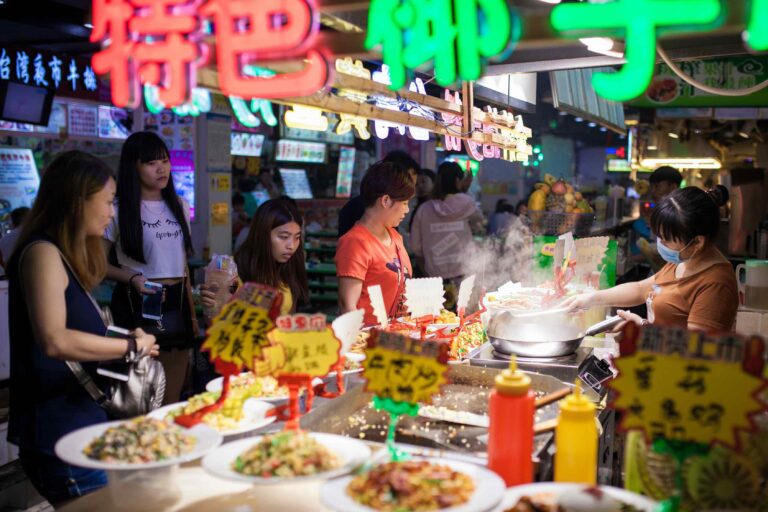

Just got my covid vaccine and am looking at travelling to China hopefully in August 2021 , or once possible. There’s been lots of debate around the markets in China due to the COVID-19 origin, so do you think it is safe to eat from the markets in China now? Should I stay away and eat at proper restaurants instead?

